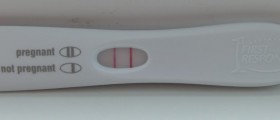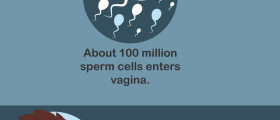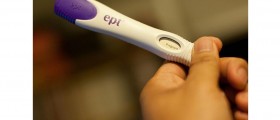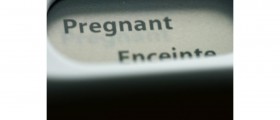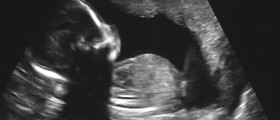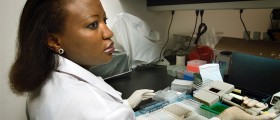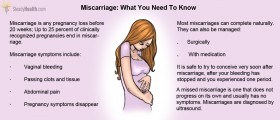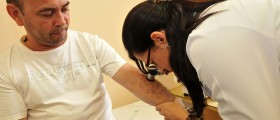Hello, can somebody help me here? I'm stressing because my boyfriend had precum in his fingers, he did wipe it and it was pretty much dry, but right after he fingered me, I don't know if I could be pregnant or I'm just freaking out, it has been 3 weeks since the accident, should i have symptoms now? or is there any chance of pregnancy?
Loading...
Hello.
It's understandable that you're feeling stressed about this situation. Pregnancy from pre-ejaculate (precum) on fingers is generally considered to be a low risk, especially if the fluid was wiped off and had dried. However, it's important to note that while the risk is low, it's not entirely zero.
Precum can contain sperm, although in much smaller quantities than ejaculate. The likelihood of pregnancy depends on several factors, including the timing of the encounter in relation to your menstrual cycle and whether any viable sperm were present.
As for pregnancy symptoms, they can vary widely from person to person and some people may not experience noticeable symptoms for several weeks. Common early symptoms of pregnancy can include missed periods, breast tenderness, nausea, and fatigue, but these symptoms can also be caused by other factors.
Given that it has been three weeks since the incident, here are a few steps you can consider:
-
Pregnancy Test: The most straightforward way to determine if you are pregnant is to take a home pregnancy test. These tests are designed to detect the hormone hCG in your urine and can usually provide an accurate result around the time of your missed period or three weeks after the potential conception date.
-
Consult a Healthcare Professional: Regardless of the result of the pregnancy test, it might be a good idea to consult a healthcare professional. They can provide more accurate testing and offer personalized advice and information.
-
Discuss Contraception and Safe Sex: This might also be a good opportunity to discuss with your healthcare provider about effective contraception methods and safe sex practices to avoid unintended pregnancies and protect against sexually transmitted infections (STIs).
Loading...


